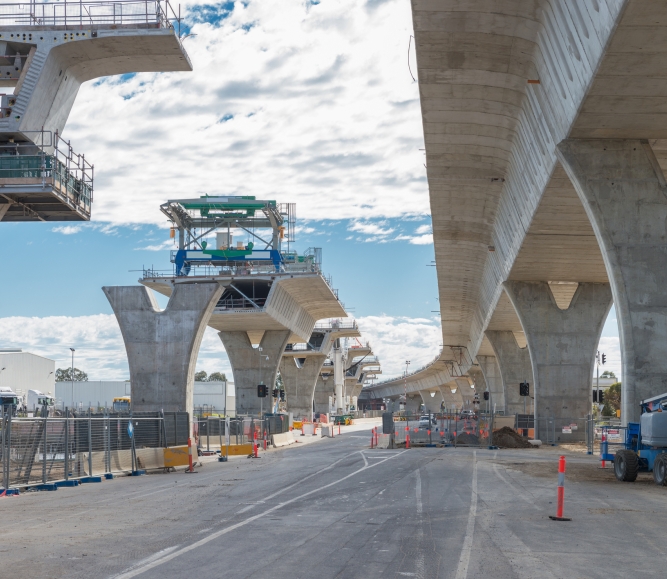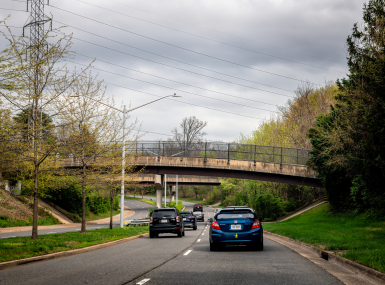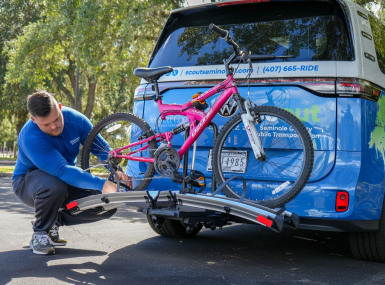NACo sends letters to House Transportation and Infrastructure Committee urging support for county priorities in surface transportation reauthorization
Author

Ben Gilsdorf

Rachel Yeung
Upcoming Events
Related News

Key Takeaways
On April 30, NACo submitted three letters to the House Transportation and Infrastructure Committee outlining county priorities as Congress begins work on the next surface transportation reauthorization. The current authorization is set to expire on September 30, 2026, and renewing it is a key priority for the Committee in the 119th Congress.
The letters highlight counties’ top priorities, including—but not limited to—direct federal funding for local governments, permitting reform, opposition to increases in truck size and weight limits, enhanced technical assistance and capacity-building resources and improved road safety measures.
As intergovernmental partners, counties collaborate with the federal government to strengthen infrastructure and transportation systems across the country. Counties are major owners and operators of our nation’s infrastructure, investing more than $146 billion annually in infrastructure and over $60 billion in transportation.
Enacting a comprehensive surface transportation reauthorization that reflects county priorities will help ensure the efficiency, safety and sustainability of our transportation networks—while protecting the foundation of our nation’s infrastructure and economy.
Read the full letters below:
Letter to House T&I Committee Subcommittee on Highways and Transit
Letter to House T& I Committee Subcommittee on Railroads Pipelines and Hazardous Materials
Resource
Implementing Infrastructure Investments at the County Level: The Bipartisan Infrastructure Law (P.L. 117-58)

Related News

Local government organizations send letter in support of the BASICS Act to congressional leaders
On February 16, nearly 80 state associations of counties and municipal leagues representing local governments in all 50 states sent a letter to the leaders of the U.S. House Committee on Transportation and Infrastructure and the U.S. Senate Committee on Environment and Public Works expressing their support for the Bridges And Safety Infrastructure for Community Success (BASICS) Act (H.R. 7437) and urging its inclusion in the next surface transportation reauthorization bill.

U.S. House members introduce NACo-endorsed, bipartisan BASICS Act to improve transportation programs for local infrastructure
On February 9, Reps. Kristen McDonald Rivet (D-Mich.) and Robert Bresnahan (R-Pa.) introduced the Bridges And Safety Infrastructure for Community Success (BASICS) Act.
